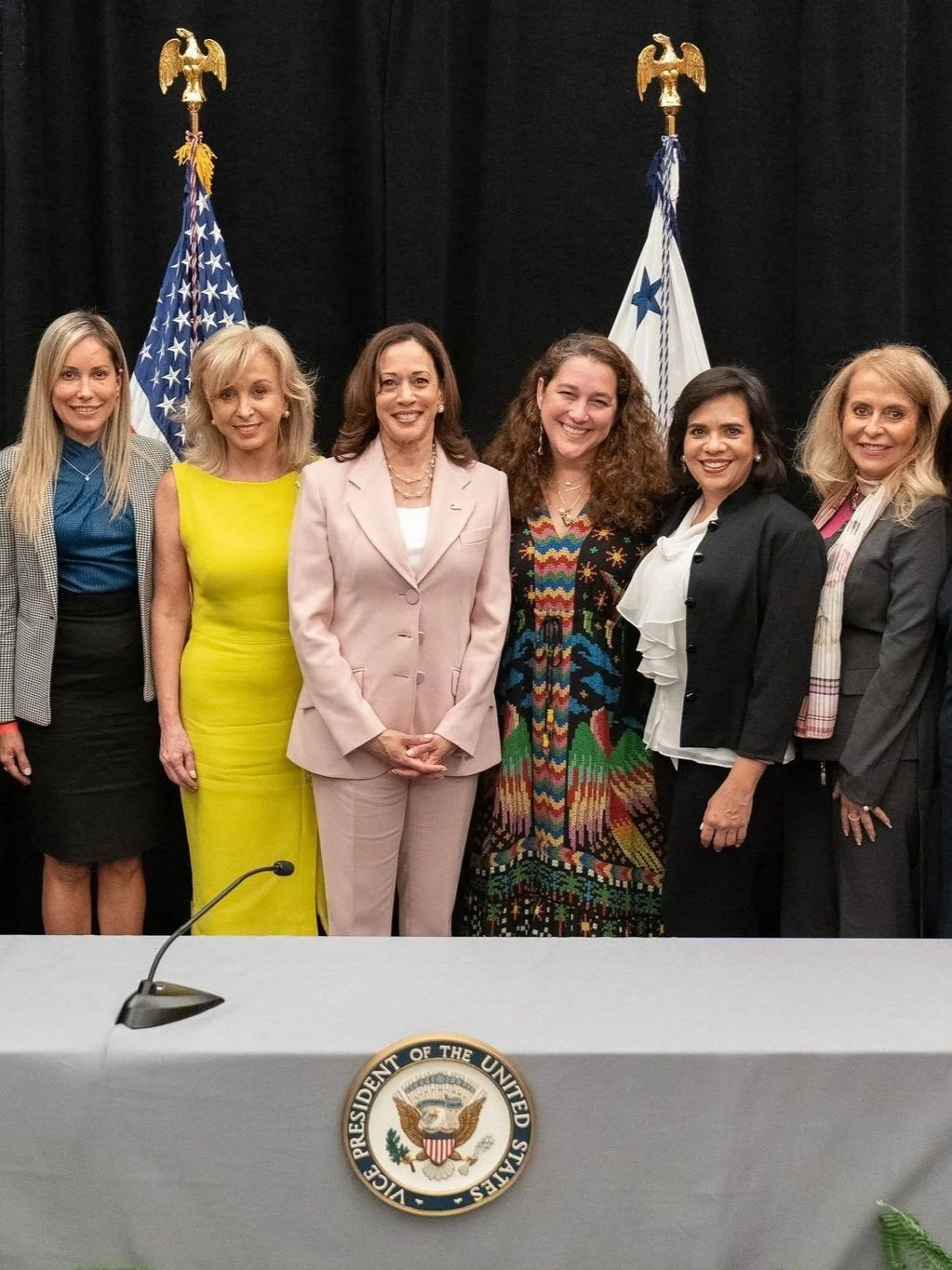Verde Market in Miami’s Wynwood Arts District allows customers to bring their own containers to fill up on everyday items like laundry detergent, dish soap and more.
When a supermarket in the Netherlands opened a plastic-free aisle back in February 2018, it was a world first. With growing concern over the damage plastic waste is doing to oceans, habitats and food chains, the move was hailed as a turning point in the war against plastic pollution. And indeed, following the much-lauded move, similar initiatives have been launched across the globe aiming to stem the tide of contamination. It was a branch of the Dutch supermarket chain Ekoplaza that rolled out the first plastic-free aisle, offering its customers more than 700 plastic-free products, including meat, rice, sauces, dairy, chocolate, cereals, yogurt, snacks, fresh fruit and vegetables.
Dutch supermarket chain Ekoplaza rolled out the world’s first plastic-free aisle.
The Dutch company plans to introduce similar aisles in all of its 74 branches, which will not only give shoppers the choice as to whether to buy plastic or not, but as Ekoplaza chief executive Erik Does said, “Is a really innovative way of testing the compostable biomaterials that offer a more environmentally friendly alternative to plastic packaging.”
Britain’s Thornton Budgens in north London is looking became plastic-free in the next three years.
Following Ekoplaza’s lead, north London supermarket Thornton Budgens became Britain’s first mainstream store to introduce plastic-free zones. In November 2018, the Belsize Park branch converted more than 1,700 product lines to non-plastic packaging as part of an initiative to become plastic-free within three years.
While these two bids to tackle plastic pollution made the headlines, there is a rapidly growing number of local, independent stores across the globe that are also rising to the challenge. The UK has seen a significant rise in the number of zero-waste shops, as has the US, which not only help consumers cut down on plastic packaging but also tend to champion local suppliers, thus putting money back into the local economies and creating a community spirit in the process. “It’s the big brands that are like snails with their pace of change,” said Sian Sutherland, co-founder of the campaign group A Plastic Planet.
Chilean start-up Algramo is an Ellen MacArthur Foundation Circular Design Challenge winner.
The push towards plastic-free shopping has also led to other enterprising initiatives, and one Chilean start-up is behind a refillable dispensing system that serves as an alternative to single-use packaging. Founded by José Manuel Moller, Algramo sells food and hygiene products through vending machines. Chile already has a positive track record when it comes to plastic reduction – it was the first country in the Americas to ban single-use plastic bags - and the machines dispense goods such as lentils, rice and cleaning supplies into reusable containers across a network of 1,200 local convenience stores. Recognized by the Ellen MacArthur Foundation as part of its new plastics economy initiative, Algramo’s containers can be traded in for new replacements at a discount, once they have reached the end of their life, and are recycled into new plastic feedstock.
“Supermarkets are full of single-use plastic packaging, created to keep groceries safe and fresh, but most of it ends up being landfilled, incinerated or, worst of all, polluting the environment,” said Sander Defruyt, new plastics economy lead at the Ellen MacArthur Foundation. “Algramo is an example of how, by rethinking the way we get products to people around the world, innovators can design out the need for much of that packaging.”
Verde Market
And one of the latest players is a zero-waste store in Miami called Verde Market, which was opened in May of 2018 by two Latina women, Pam and Martha, who were tired of accumulating hundreds of containers in their kitchen cabinets. Located in the Wynwood Arts District, the store allows customers to bring their own containers to fill up on everyday items such as laundry detergent, and dish soap. Handmade beauty bar soaps also look artful, and include pure ingredients such as activated charcoal. Jars of fresh spices and handmade soaps line the walls. There are refill stations that allow customers to stock up on a variety of household products, shower gels and shampoos, as well as raw honey, dried fruits, nuts and trail mix ingredients, infused olive oils and balsamic vinegar. You can also snip and purchase fresh herbs from a pretty wall garden. “We encourage our clients to bring their own containers so they can reuse and refill with as much or as little as they need,” said the duo to NBC Miami. “Together as a community, we hope we can save tons of containers from ending in our landfills and oceans”.
Verde is at 2328 NE 2nd Ave #2, Miami, FL 33137
















